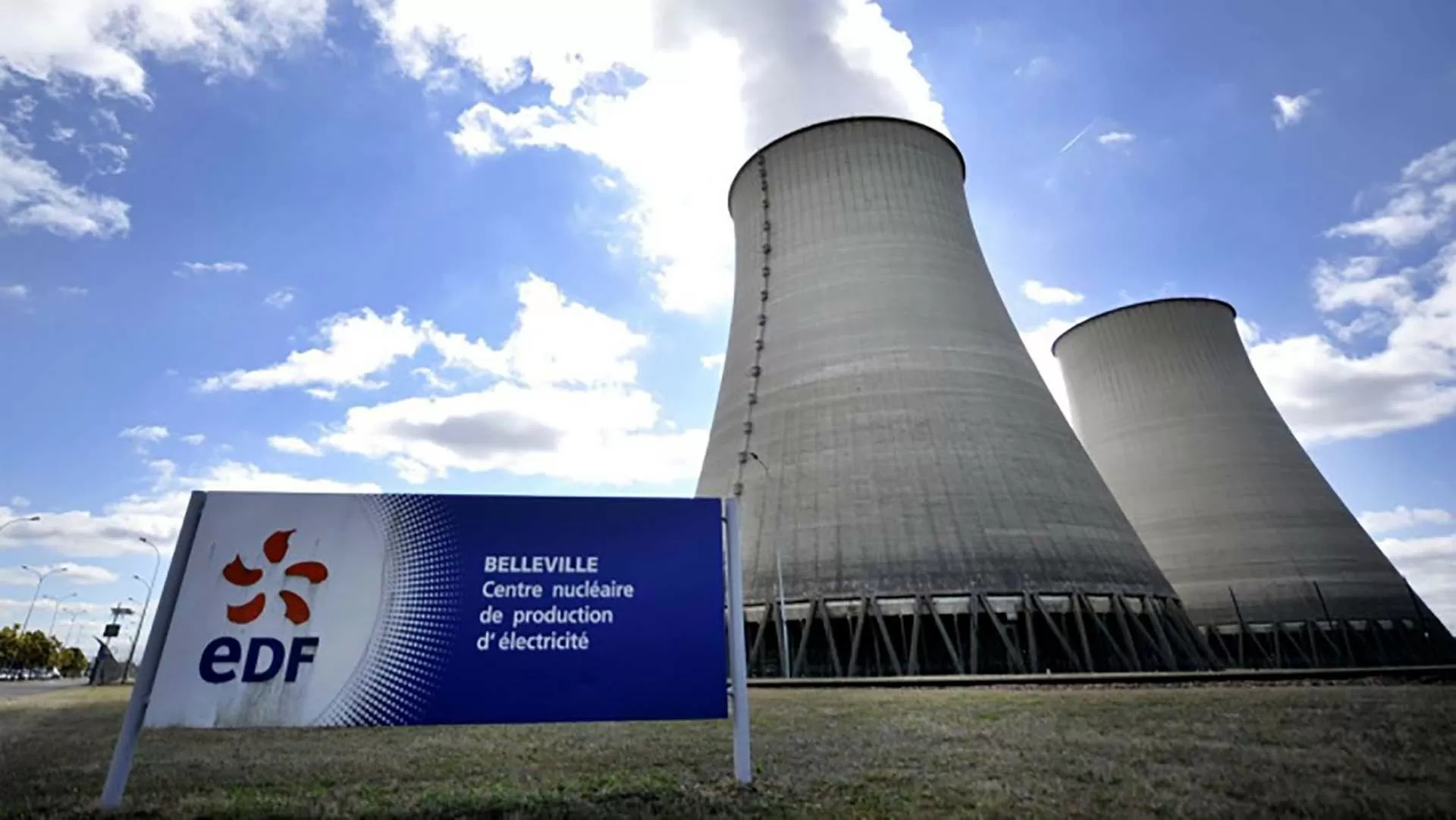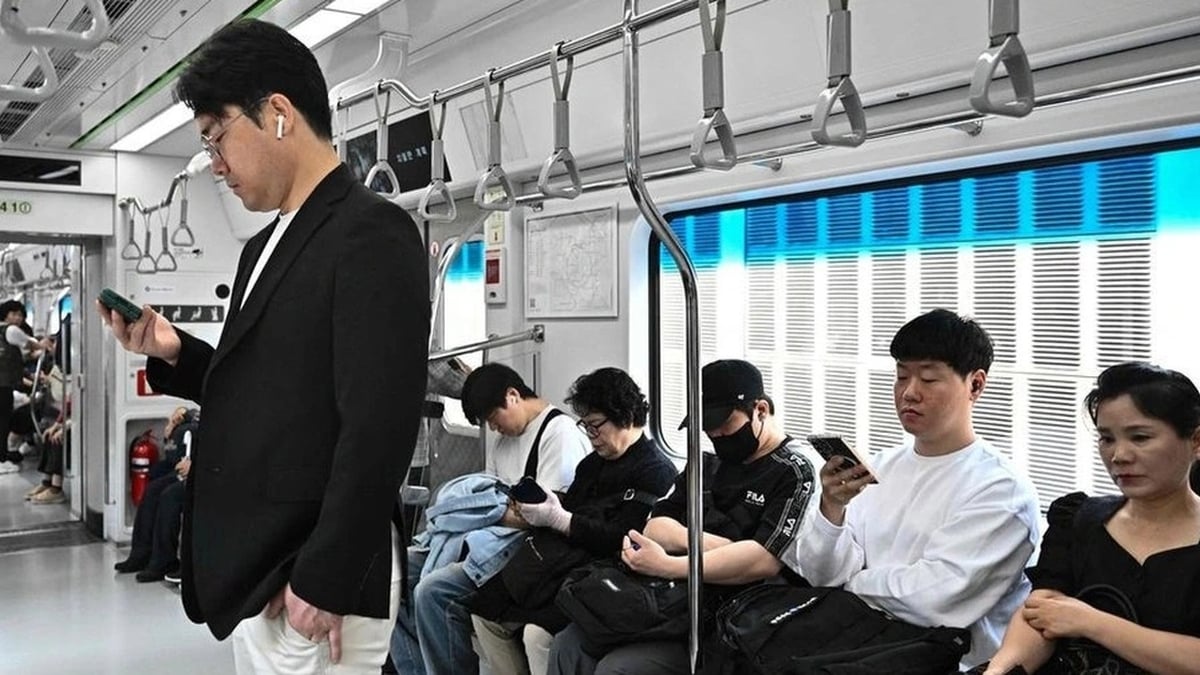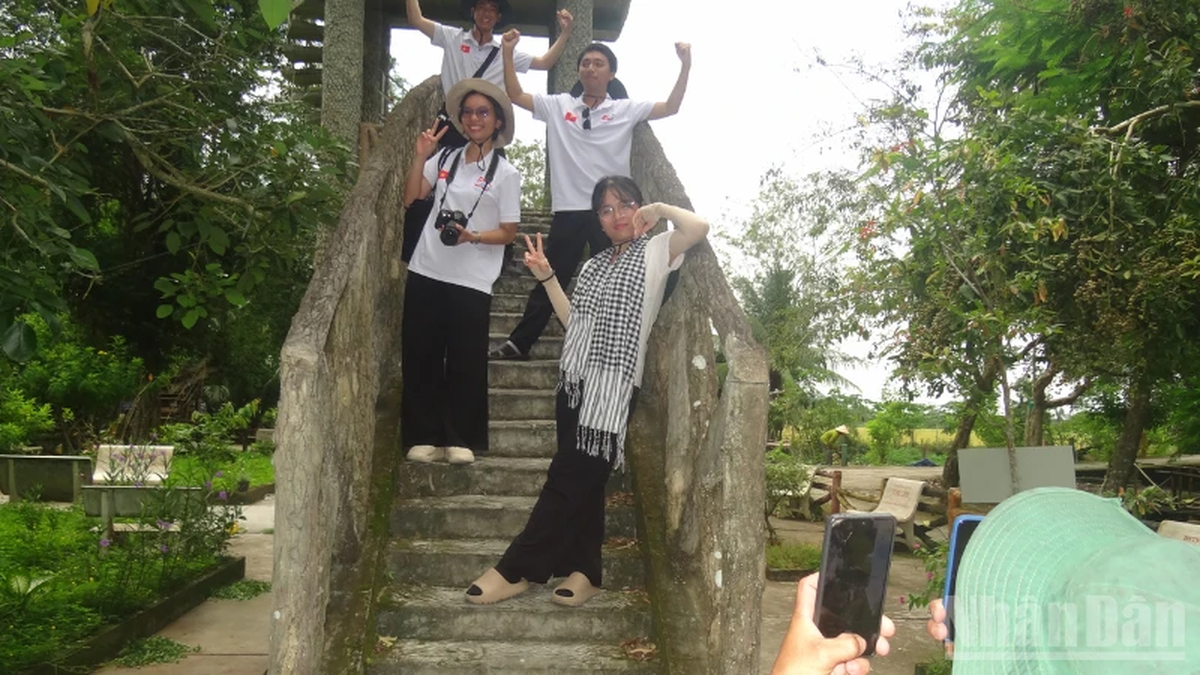Nuclear power has become an indispensable part of the energy mix of many countries, of which France is a prime example.
 |
| France gets about 70% of its electricity from nuclear power plants. (Source: EDF) |
With about 70% of its electricity produced by nuclear power plants, France has built a unique energy system, different from many European and world countries. Nuclear power brings many economic and environmental benefits, but also poses many challenges for France. The big question now is whether nuclear power is still a sustainable solution for the future of this country?
Nuclear power is a sustainable solution?
In fact, nuclear power has often been seen as more of a problem than a solution at global climate summits over the years. But the pressures of global warming and the growing need for clean electricity are changing that.
Returning to France, nuclear power was officially developed in the 1970s, after the global energy shock. The construction of a strong nuclear power system has helped France reduce its dependence on imported energy sources, especially oil and gas. This not only helps France ensure energy security but also helps stabilize the economy.
One of the main benefits of nuclear power is its ability to reduce greenhouse gas emissions. In the context of global climate change, the use of nuclear power is one of the effective alternatives to fossil fuels. French nuclear power plants operate with almost zero CO2 emissions, helping the country fulfill its commitment to reduce greenhouse gas emissions under international agreements such as the 2015 Paris Agreement.
In addition, nuclear power also brings economic benefits. Maintaining a large nuclear power industry creates thousands of jobs and promotes the development of high-tech industries. France has also been successful in exporting nuclear energy to other countries, especially neighboring European countries.
However, nuclear power is not a perfect solution. Safety is one of the most important factors in operating a nuclear power plant. Major nuclear accidents such as the Chernobyl disaster (1986) and Fukushima (2011) have raised concerns about the safety of nuclear facilities. Although France is considered to have one of the strictest safety systems, the possibility of future accidents cannot be ignored.
Another issue is the cost of maintaining and disposing of nuclear waste. Nuclear power plants require regular maintenance to ensure safety and efficiency. In addition, the problem of nuclear waste disposal is still not perfectly solved. This waste is highly radioactive and needs to be stored in safe compartments for thousands of years. This poses a financial and environmental burden for the country in the future.
The question is whether France can sustainably maintain and develop its nuclear power industry. Many nuclear power plants have been in operation since the 1980s and are facing an aging situation. Extending the operating life of these plants requires rigorous safety checks and huge financial investments in technological upgrades… which are not always easy or feasible.
How far to shift to renewable energy?
Nuclear power still faces strong opposition from environmentalists due to its high costs and the risk of radioactive waste, but a growing number of countries involved in climate negotiations are looking to reconsider the issue.
In 2023, at the COP28 Climate Conference in the UAE, 22 countries pledged for the first time to triple the world's nuclear power capacity by mid-century to limit global warming. The COP29 Conference in Azerbaijan also saw six more countries sign on.
Countries looking to develop nuclear power range from those that have long used the technology, such as Canada, France, South Korea and the United States, to economies that currently have no nuclear capacity, such as Kenya, Mongolia and Nigeria.
Nuclear power is gaining renewed attention in Southeast Asia to meet growing energy needs and reduce dependence on fossil fuels, despite major challenges in the region in terms of safety, costs, public awareness and a lack of skilled resources.
The dilemma is to meet emissions reduction targets while still meeting growing energy demand. In the UK and US, the “solution” for politicians and businesses to move away from fossil fuels is to need a stable source of carbon-free electricity to supplement solar and wind power, which are not always available.
Like many other countries, the nuclear power problem in France remains a complex one, intertwined with clear economic and environmental benefits, along with major challenges in terms of safety, cost and sustainability. Experts say that France needs a reasonable combination of nuclear power and renewable energy, towards a more diverse and sustainable energy system, ensuring energy security in the future.
“A window of hope” seems to be opening, as on the sidelines of the COP29 Conference, the International Atomic Energy Agency (IAEA) and the European Bank for Reconstruction and Development (EBRD) signed a memorandum of understanding to expand cooperation in nuclear energy development, helping countries achieve the Net Zero target.
The World Bank (WB) has not funded a nuclear project since 1959, but growing pressure could change that.
“Finance remains a major challenge for nuclear projects,” said Dr. Sama Bilbao y Leon, director general of the World Nuclear Association. “A few comments about the World Bank supporting nuclear energy projects may not have much impact, but if dozens of countries say they are interested in developing this energy source, it will be a completely different story.”
Source: https://baoquocte.vn/giai-bai-toan-dien-hat-nhan-tim-diem-can-bang-va-ben-vung-296228.html


































































































Comment (0)